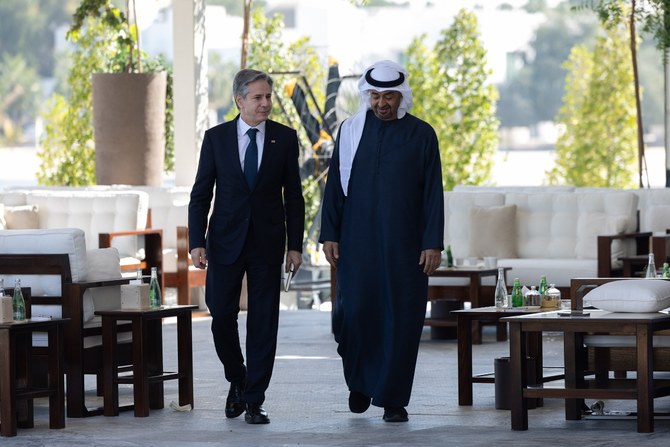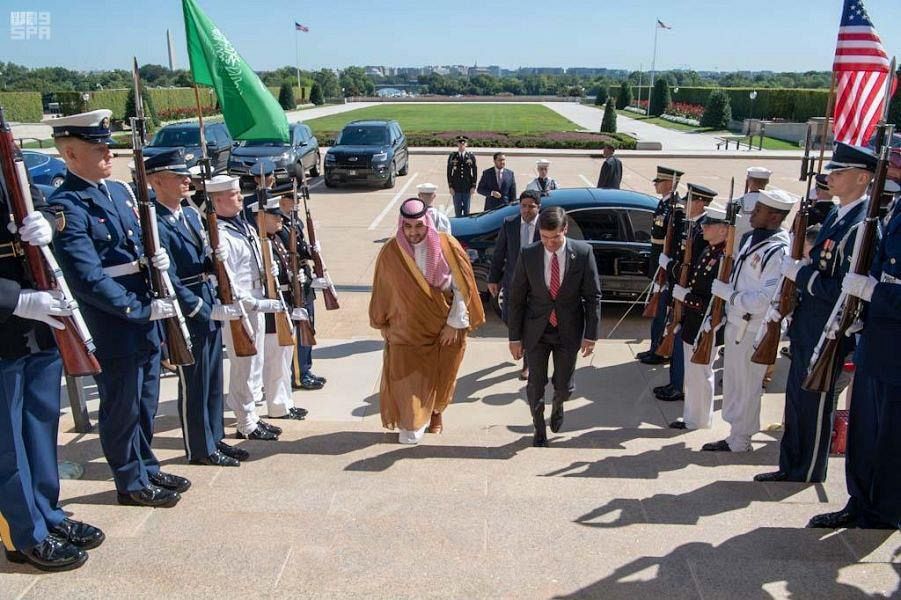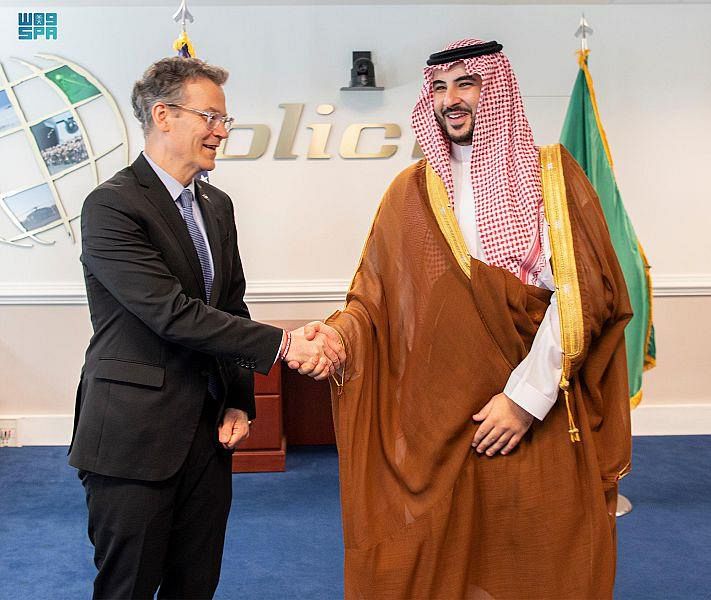
US Secretary of Defense Jim Mattis made a surprise visit to Iraq on Tuesday to hold talks with officials on the battle against the ISIS terrorist group.
He made the trip just days after Iraqi forces launched an operation to recapture the city of Tal Afar from the organization, warning that the end of ISIS is far from close.
"ISIS days are certainly numbered, but it is not over yet and it is not going to be over anytime soon," Mattis told reporters in Amman.
Mattis said that after retaking Tal Afar, Iraqi forces would move against the western Euphrates river valley. He added that Iraqi security forces were capable of carrying out simultaneous operations.
Iraqi security forces launched an offensive to take back the city of Tal Afar on Sunday, their latest objective in the US-backed campaign to defeat ISIS. The city lies 80 km (50 miles) west of Mosul in Iraqs far north.
Brett McGurk, the US special envoy to the coalition against ISIS, told reporters that while the battle for Tal Afar would be difficult, Iraqi forces had retaken 235 square kilometers (90.7 miles) in the first 24 hours.
In Baghdad, Mattis was meeting with senior Iraqi government leaders and with US commanders. He also planned to meet in Irbil with Masoud Barzani, leader of the semi-autonomous Kurdish region.
US officials, speaking on the condition of anonymity, said Mattis, who will meet Abadi and Defense Minister Arfan al-Hayali, would discuss the future of US forces in Iraq after the fall of the remaining cities under ISIS and the role they could play in stabilizing operations.
The officials said that while major cities like Mosul have been largely been cleared of ISIS militants, there were concerns about the ability of Iraqi forces to hold territory.
The US Defense Secretary said pockets of resistance remained in west Mosul, including sleeper cells, and attention would be turned after they were cleared.
"It is not going to happen overnight...it is going to be a heavy lift for them going forward, but the proper governance would involve local representation in their day to day lives," Mattis said.
Expelled from their main stronghold in northern Iraq, ISIS militants are now trapped in a military vise that will squeeze them on both sides of the Syria-Iraq border, he added.
ISIS is also on the back foot in Syria, where Kurdish and Arab militias backed by a US-led coalition have captured swathes of its territory in the north and are assaulting its former Syrian "capital" of Raqqa.
McGurk said that about 2,000 ISIS terrorists remained in Raqqa and as much as 60 percent of the city had been retaken. The terrorist group is now falling back deeper into the Euphrates valley region of eastern Syria.
He credited the Trump administration for having accelerated gains against the militants.
"I think thats quite significant and partially due to the fact were moving faster, more effectively," as a result of Trumps delegation of battlefield authorities to commanders in the field, McGurk said. He said this "has really made a difference on the ground. I have seen that with my own eyes."
The ranking US Air Force officer in Iraq, Brigadier General Andrew A. Croft, said that over the past couple of months ISIS has lost much of its ability to command and control its forces.
"Its less coordinated than it was before," he said. "It appears more fractured -- flimsy is the word I would use."
It seems likely that in coming months Trump may be in position to declare a victory of sorts in Iraq as ISIS terrorists are marginalized and they lose their claim to be running a "caliphate" inside Iraqs borders. Syria, on the other hand, is a murkier problem, even as ISIS loses ground there against US-supported local fighters and Russian-backed Syrian regime forces.







